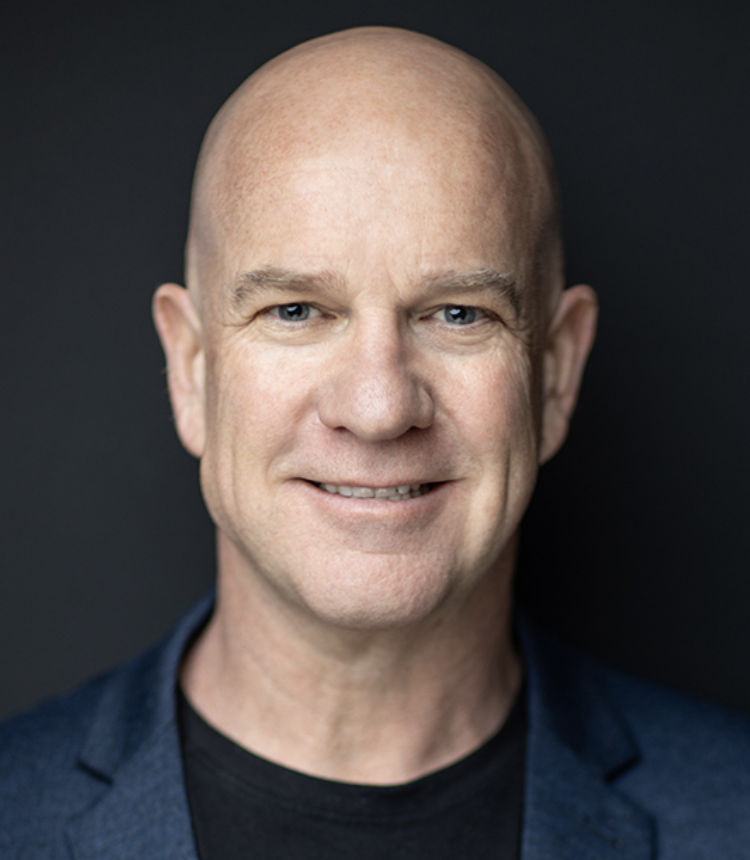Passing this personal item to your kids every day is ‘dangerous’ for their learning and social skills, experts have warned
The warning might surprise some parents as it's a convenient item often used to keep kids occupied


Parents are being warned over the long-term effects of passing their children this personal item every day as study support claims it's 'dangerous' for kids' learning and social skills.
If you're struggling to find things to do with the kids you might think nothing of passing them a mobile phone or tablet to watch their favourite show or play their favourite games (we've all been there) but doing so is being linked to causing long-term harm to child development. It comes after parents were warned that this common pastime is being scientifically linked to abnormal behaviour in toddlers.
And while we pass no judgements over doing whatever works best for you and your family, the science claims children who are allowed to take a smartphone to school will have a lower IQ, neuroscience and psychology experts have warned. It follows a growing urgency for mobile phones to be banned in schools, as studies show the electronic devices are "extremely dangerous" for children's learning, social skills and mental health.
Dr Mark Williams, honorary professor of cognitive neuroscience at Macquarie University in Sydney, said: "We know having a phone in a pocket or bag decreases intelligence levels, working memory capacity and you don’t learn as well, you don’t think as well and you are unable to pay attention to teachers. I have never seen any positive educational outcomes."

Dr Williams has spent many years researching the human brain and how it generates the reality we ‘see’. He admits he is "fascinated by how our brains adapt and learn in different environments". Following his PhD, he worked at the University of Melbourne as a Postdoctoral Scientist and was awarded an NHMRC CJ Martin Postdoctoral Fellowship to go to Massachusetts Institute of Technology (MIT). Having completed the NHMRC Fellowship he took up a research position at Macquarie Centre for Cognitive Science (MACCS), Macquarie University. In 2016 he started teaching a new course for 1st year students which is an introduction to cognitive and brain sciences and started the Neuroscience for Kindy Kids program. He now works as a consultant.
And parents have responded to the reports. One user commented, "No surprise there. I was part of the last generation that grew up without a phone or iPad in my hand as a young kid. My brother and I had iPods as teens – and that really messed with our attention spans and discipline. I can only imagine how it would affect a toddler or young kid..."
Another user agreed and added, "I’m glad I wasn’t given any electronics until I was a teenager."
One parent said, "Yeah but it keeps them quiet In the car" and another claimed kids playing Sudoku or Code games can make them "smarter".
Parenting advice, hot topics, best buys and family finance tips delivered straight to your inbox.
Another said, "Let’s be real though, most of the time kids spend on electronics isn’t productive and carefully controlled by their parents. It’s kids playing games that fry their attention spans and watching dumb (or even dangerous) videos online."
And a parent noted, "Next time you’re in public, count how many kids have devices. Next time you’re at a restaurant, look at the families and see how many are talking. It’s insanely sad."
Meanwhile, another user wants people to give parents a break, they empathised, "Some parents will turn a blind eye... because smartphones give them relief from their children," and if this is something which resonates with you, take it easy on yourself.
In other family news, did you know that watching Disney movies can be good for your child's emotional development? and Great news for parents – kids who fight with their siblings will fare better in life, according to science.

Selina is a Senior Family Writer for GoodtoKnow and has more than 16 years years of experience. She specialises in royal family news, including the latest activities of Prince George, Charlotte, Louis, Archie and Lilibet. She also covers the latest government, health and charity advice for families. Selina graduated from the University of Sheffield in 2006 with a degree in Journalism, and gained her NCTJ and NCE qualifications. During her career, she’s also written for Woman, Woman's Own, Woman&Home, and Woman's Weekly as well as Heat magazine, Bang Showbiz - and the Scunthorpe Telegraph. When she's not covering family news, you can find her exploring new countryside walking routes, catching up with friends over good food, or making memories (including award-winning scarecrows!)